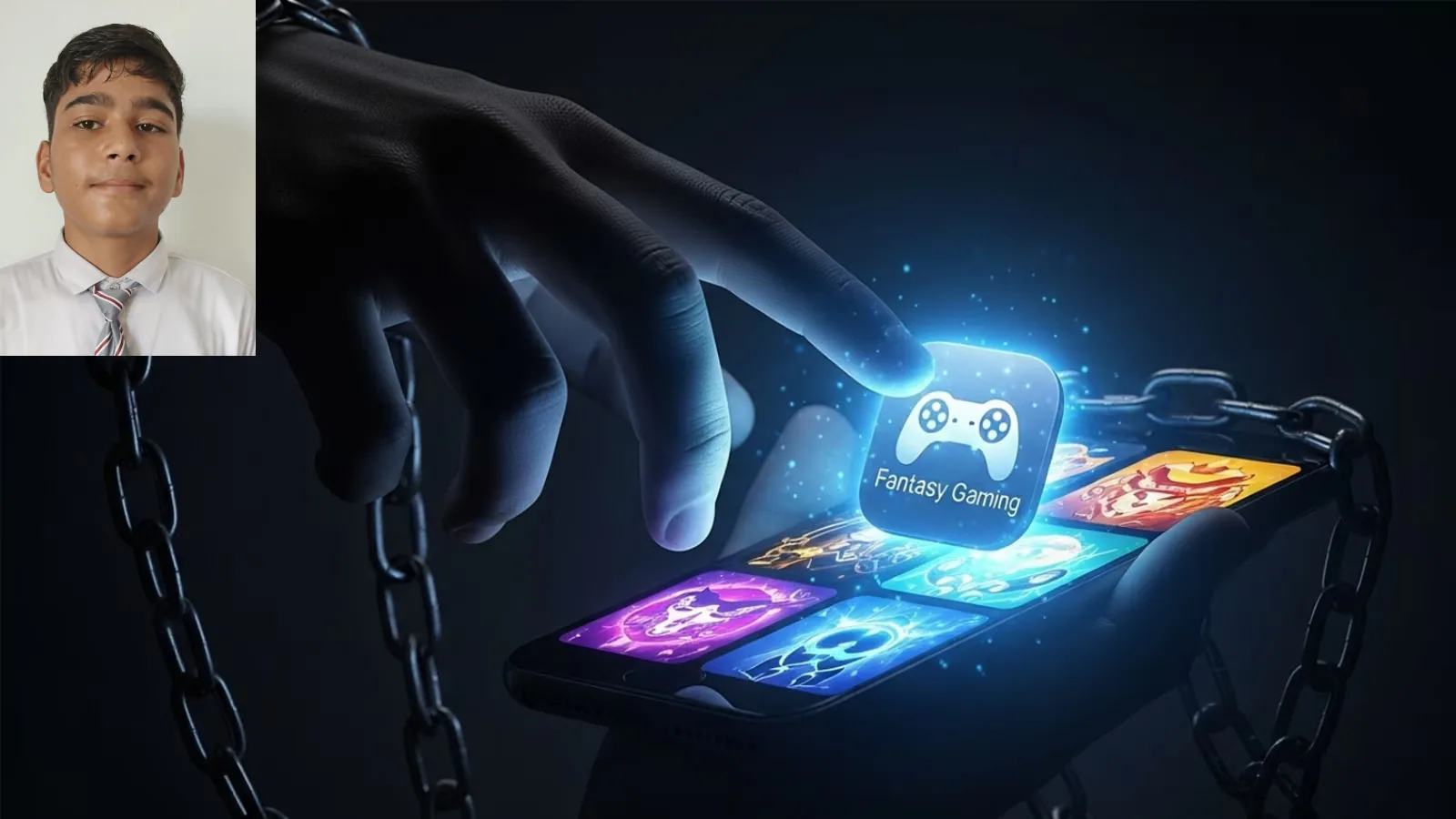Lucknow Teen Dies By Suicide After Losing Father’s Life Savings Worth Rs 13 Lakh In Online Gaming
By News18,Oliver Fredrick,Pragati Ratti
Copyright news18

Online gaming addiction is fast emerging as a silent killer among the youth. The latest case comes from Dhanwasaad village in Mohanlalganj, Lucknow, where 14-year-old Yash Kumar, a class-6 student, allegedly died by suicide on Monday evening after losing his father’s entire life savings of Rs 13 lakh to an online game. Cyber experts warn parents to monitor phones, link bank accounts carefully, and set strict digital limits for children before handing their smart devices to their children.
The Incident
According to the family, Yash’s father Suresh Kumar Yadav, a painter by profession, had sold a piece of land two years ago and deposited the amount in his Union Bank account in Bijnour. The account was linked to a mobile number used at home, and Yash would often borrow the phone to study. Over the past month, he allegedly lost the entire amount to online games, gradually draining the account to zero. “My wife has been unwell for some days. On Monday morning, I went to the bank to withdraw Rs 20,000 for her treatment but was shocked to find that the account had no money left. When I updated the passbook, I saw a series of online transactions. I could not believe it,” said Suresh Kumar Yadav, Yash’s father.
Alarmed, Suresh went to his son’s coaching centre and confronted him. Yash initially broke into tears and denied the loss. When pressed further, he admitted to having linked the bank account to the game and losing money while playing. “He told us he lost Rs 50,000 just a day before, and that over the past month all the money was gone,” Suresh said.
Later that evening, Yash returned home from tuition and went to his room. Suresh first picked up his younger daughter from coaching, then went upstairs to check on Yash. “His cycle was parked outside but he wasn’t there. When I went upstairs, I saw him hanging from the ceiling fan. We rushed him to Mohanlalganj CHC, but the doctors declared him dead,” the grieving father said.
ACP Mohanlalganj Rajneesh Verma confirmed that the preliminary investigation points to suicide linked to online gaming losses. “The family has alleged that the boy had been playing online games and lost around Rs 13 lakh from his father’s account over the past month. The body has been sent for autopsy, and we are verifying the digital trail of the transactions. The case is under investigation,” ACP Verma said.
Not an isolated incident
This is not an isolated incident. Earlier this year in Lucknow, an 18-year-old boy died by suicide after falling into severe gaming addiction and fearing financial ruin. A suicide note from his room mentioned his “failure” to recover lost money and his guilt over secretly spending household savings. In Varanasi, a 19-year-old youth’s death was linked to compulsive online gaming, which had reportedly driven him into debt.
Cybercrime cells say these cases are on the rise. “We have seen a 25–30 percent jump in complaints linked to online games — ranging from unauthorized transactions to fraud. The addiction is real and it is pushing vulnerable teenagers toward extreme steps,” the police official said.
The trend is not restricted to Uttar Pradesh. Across India, similar tragedies are being reported. In Madhya Pradesh, a Class VI student died after losing Rs 40,000 on a popular online game, prompting police to file a case against the game’s developers. Another case from Indore involved a 13-year-old boy who allegedly hanged himself after losing Rs 2,800 in the same game. States like Andhra Pradesh, Tamil Nadu, and Kerala have even seen public interest litigations seeking regulation or bans on monetised games, citing mental health risks to children.
What Psychologists say
Dr Manini Srivastava, assistant professor Department of Psychology, University of Lucknow said, online games exploit the brain’s reward system, triggering dopamine surges with every win and pushing players to spend more when they lose. “This is a dangerous blend of behavioral addiction and financial risk-taking. Teenagers do not have the emotional maturity to handle continuous loss or the shame of losing family money. That guilt often leads to impulsive decisions,” she explains.
What Cyber experts say
Cybersecurity expert Rakshit Tandon believes that preventing such tragedies requires a combination of parental vigilance and digital hygiene. He advises parents to enable parental controls and spending caps on gaming platforms to prevent impulsive purchases, regularly talk to their children about gaming habits and financial risks, and keep track of UPI, debit card, or wallet transactions linked to gaming accounts to catch unusual activity early. Tandon also stresses the importance of encouraging teenagers to play only on verified, age-appropriate platforms, updating devices with the latest security patches, and educating them about scams such as phishing links, fake rewards, and fraudulent game currency sellers.
He said parents must make it clear that children should never share OTPs or bank details, since no genuine game will ever ask for them. They should enforce screen-time limits to prevent gaming from becoming a compulsive habit and must be alert to warning signs such as sudden withdrawal, anxiety, or unexplained requests for money.
“Early parental intervention and digital literacy can save lives,” Tandon says, adding that waiting until financial damage or emotional breakdown occurs is too late.



